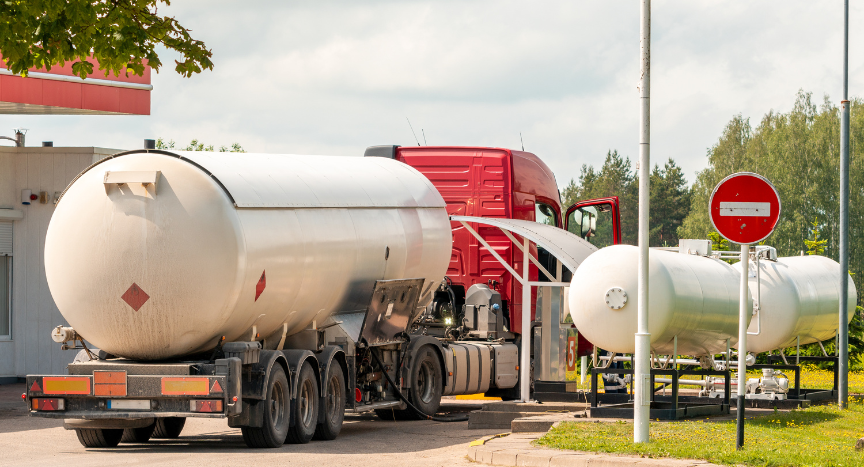The Federal Motor Carrier Safety Administration (FMCSA) has announced an extension of the regional fuel emergency originally declared in January. This extension, lasting through February 28, aims to address ongoing challenges in the distribution of critical heating fuels such as propane, natural gas, and heating oil, which have been disrupted by severe winter weather, record-low temperatures, and heightened fuel demand.
This emergency declaration allows motor carriers and drivers offering direct assistance in affected areas—including states like Connecticut, Delaware, Florida, Kansas, Maine, Maryland, Massachusetts, New Hampshire, New Jersey, New York, North Carolina, Pennsylvania, Rhode Island, Vermont, and Wisconsin—temporary relief from federal hours-of-service regulations governing maximum driving times.
Direct Assistance Explained
Under FMCSA’s guidance, “direct assistance” pertains to relief services and transportation operations crucial for the immediate restoration of essential supplies and services. For more details on restrictions and conditions for this emergency, you can access the FMCSA’s official announcement here.
Additional Fuel Emergencies in Other States
Several states, including North Dakota and Iowa, have independently declared fuel emergencies to address burgeoning supply concerns and regulatory challenges.
North Dakota Emergency Declaration
North Dakota recently issued a fuel emergency order, effective through March 18, citing propane and other petroleum product shortages caused by market fluctuations.
The order’s primary goal is to remove regulatory barriers to ensure that carriers and drivers can obtain, transport, and deliver petroleum-based products to customers, particularly those in residential areas. The declaration states, “The lack of adequate heating fuel poses an immediate risk to public health, safety, and welfare.”
However, direct assistance under this emergency declaration ends when drivers or vehicles transport cargo unrelated to relief efforts or provide unrelated services in interstate commerce.
Iowa Emergency Declaration
Iowa’s fuel emergency will remain active until February 28, with specific attention on rural areas where heating fuel supply constraints are particularly acute. Drivers transporting heating fuels are facing significant wait times at terminals, compounded by hazardous driving conditions.
To address these challenges, the state has temporarily suspended certain hours-of-service regulations. The objective is to increase the volume of fuel transported statewide while alleviating delays in access. According to the declaration, the suspension applies to those transporting key fuels, including gasoline, diesel, kerosene, ethanol, biodiesel, and propane, for agricultural and commercial use.
Both declarations aim to ensure that residents, especially those in vulnerable or rural areas, can continue to access heating fuels during these critical winter months, safeguarding public health and safety. Keep checking for further updates on these and other ongoing emergency relief efforts.
Source: Land Line











